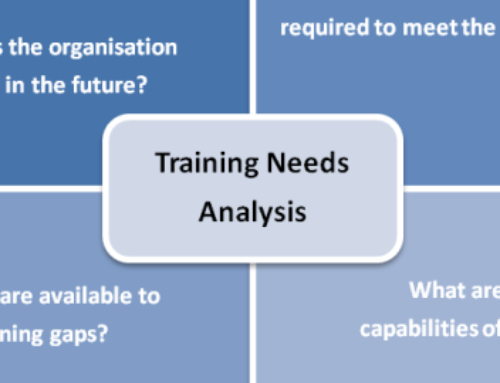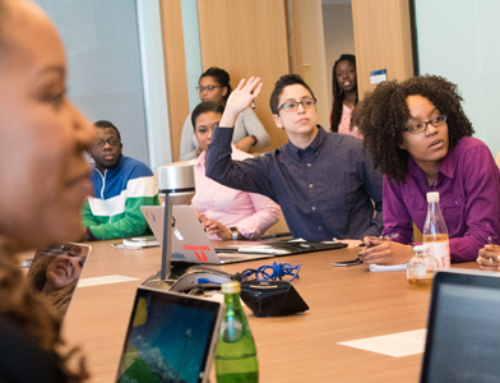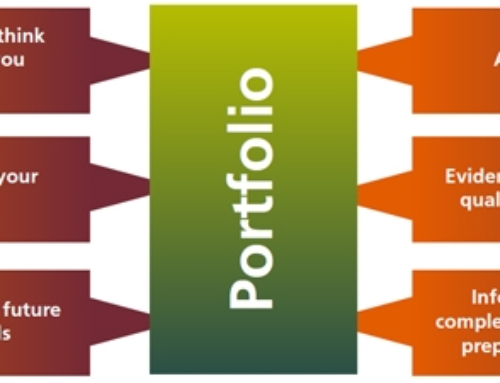What’s the key to effective learning? One intriguing body of research suggests a rather riddle-like answer:
It’s not just what you know. It’s what you know about what you know.
To put it in more straight forward terms, anytime a student learns, he or she has to bring in two kinds of prior knowledge: knowledge about the subject at hand (say, mathematics or history) and knowledge about how learning works. Educators are pretty good at imparting the first kind of knowledge. We’re comfortable talking about concrete information: names, dates, numbers, facts. But the guidance we offer on the act of learning itself—the “metacognitive” aspects of learning—is more hit-or-miss, and it shows.
“Metacognition” is often simply defined as “thinking about thinking.”
Metacognition refers to higher order thinking which involves active control over the cognitive processes engaged in learning. Activities such as planning how to approach a given learning task, monitoring comprehension, and evaluating progress toward the completion of a task are metacognitive in nature. Because metacognition plays a critical role in successful learning, it is important to study metacognitive activity and development to determine how students can be taught to better apply their cognitive resources through metacognitive control.
In most of the teaching institutions, “the emphasis is on what students need to learn, whereas little emphasis—if any—is placed on training students how they should go about learning the content and what skills will promote efficient studying to support robust learning, “John Dunlosky, professor of psychology at Kent State University in Ohio”
Teaching students how to learn is as important as teaching them content, because acquiring both the right learning strategies and background knowledge is important—if not essential—for promoting lifelong learning.”
where lies the Learning Styles myth?
Research has found that students vary widely in what they know about how to learn, according to a team of educational researchers from Australia writing last year in the journal Instructional Science. Most striking, low-achieving students show “substantial deficits” in their awareness of the cognitive and metacognitive strategies that lead to effective learning—suggesting that these students’ struggles may be due in part to a gap in their knowledge about how learning works.
Teaching students good learning strategies would ensure that they know how to acquire new knowledge, which leads to improved learning outcomes. Students who use appropriate strategies to understand and remember what they read, such as underlining important parts of the texts or discussing what they read with other people, perform mush better (equivalent to one full school year) in their assessments.
Students can assess their own awareness by asking themselves which of the following learning strategies they regularly use (the response to each item is ideally “yes”):
- I draw pictures or diagrams to help me understand this subject.
- I make up questions that I try to answer about this subject.
- When I am learning something new in this subject, I think back to what I already know about it.
- I discuss what I am doing in this subject with others.
- I practice things over and over until I know them well in this subject.
- I think about my thinking, to check if I understand the ideas in this subject.
- When I don’t understand something in this subject I go back over it again.
- I make a note of things that I don’t understand very well in this subject, so that I can follow them up.
- When I have finished an activity in this subject I look back to see how well I did.
- I organize my time to manage my learning in this subject.
- I make plans for how to do the activities in this subject.
Research shows that those students who used fewer of these strategies reported more difficulty coping with their schoolwork. Educators can use a series of proactive questions which they can drop into the lesson on a “just-in-time” basis—at the moments when students could use the prompting most. These questions, too, can be adopted by any educator to make sure that learners know not just what is to be learned, but how.
- What is the topic for today’s lesson?
- What will be important ideas in today’s lesson?
- What do you already know about this topic?
- What can you relate this to?
- What will you do to remember the key ideas?
- Is there anything about this topic you don’t understand, or are not clear about?
What Is Your Learning Style?
This quiz asks 24 questions and will take less than five minutes to complete. Try not to think too hard — just go with your first thought when describing your daily activities and interests. By the end, you may have some new insights into your learning preferences.
This article has been based on an article by Annie Murphy Paul.
You can visit her website, follow her on Twitter, and join the conversation on Facebook. Be brilliant!





